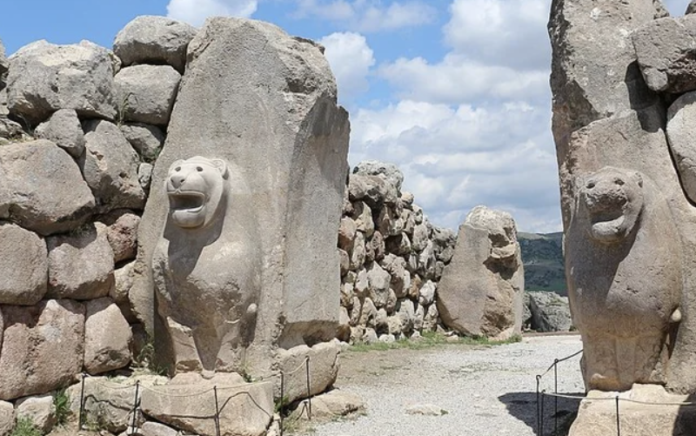During recent archaeological excavations, a mysterious clay tablet with a text dating back to the era of the Hittite Empire appeared. The discovered textual records in the Kalashma language arouse the interest of experts, as it is unique and different from other known ancient written forms in the Middle East.
According to research, the Kalashma language may have roots in Anatolian-Indo-European languages. The text on the tablet begins with an introduction in Hittite, the translation of which reads: "From now on read in the language of the land of Kalashma."
Kalashma, as the researchers point out, was probably the name of Bronze Age settlements on the outskirts of the Hittite Empire in ancient Anatolia. Now her language has not yet been deciphered, which makes this discovery even more exciting.
Experts suggest that the Hittite Empire may have been interested in records of rituals in foreign languages to expand its influence and unify new territories. Note that the empire paid homage to many gods, and with the acquisition of new territories, probably integrated various religious practices.
This find is impressive not only for the texts themselves, but also for their exceptional condition compared to other artifacts in the region. The scientists who are currently working on the decipherment hope to share the results and an image of this discovery in the near future.


